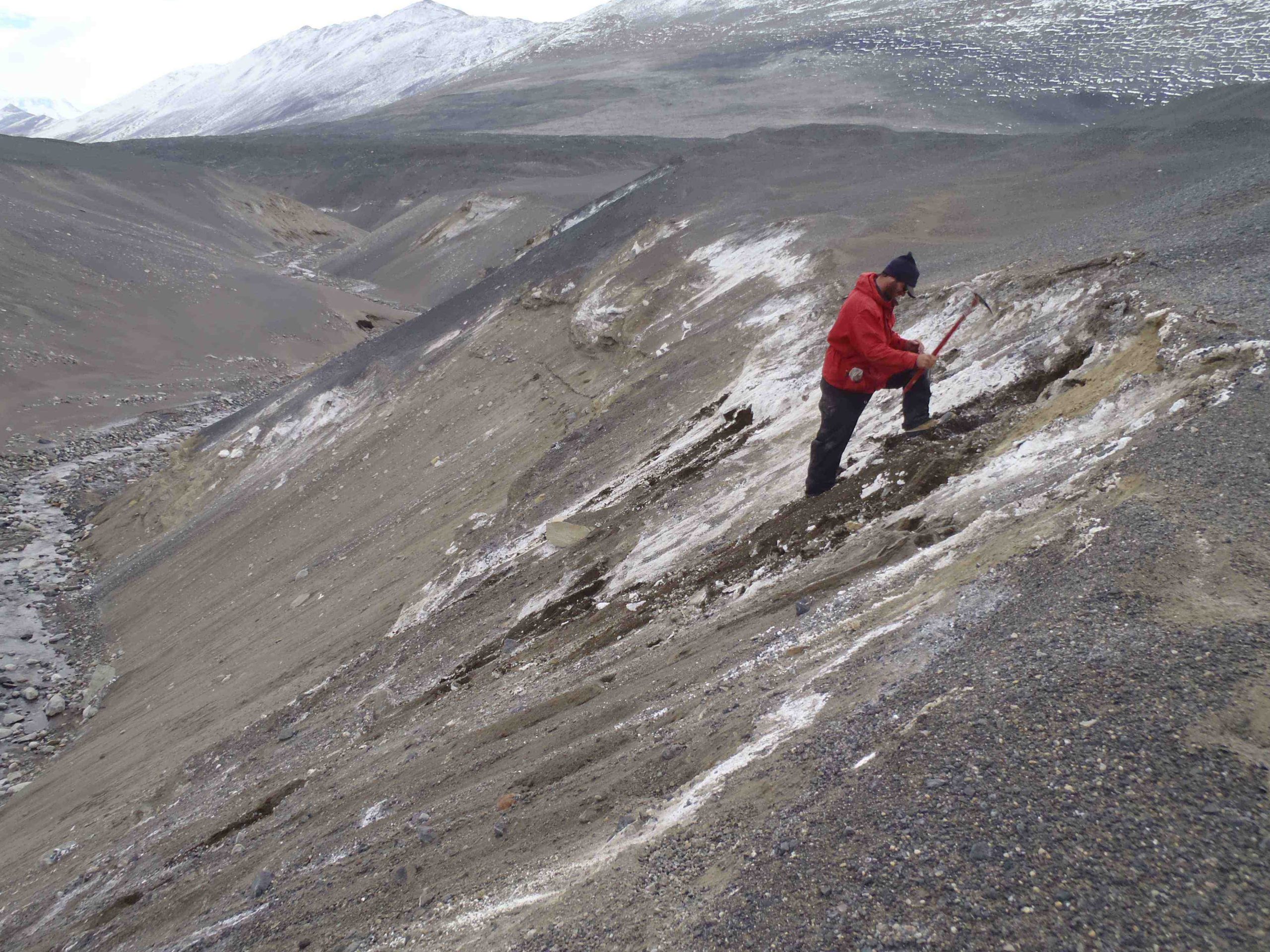Graduate
The UMaine School of Earth and Climate Sciences has a well-established reputation for educating highly successful masters and doctoral students. Through advanced coursework and focused research you will develop expertise on a well defined subject while improving your general knowledge across a broad range of science and engineering topics. Earning a graduate degree will not only enrich you personally but will also widen your career opportunities and significantly increase your expected lifetime earnings. If you are motivated and interested in joining our program, then we want to hear from you!
Admission to our program is contingent upon identifying an advisor and having a financial plan in place to fund the student and the research. Therefore, it is critical that prospective students contact potential advisors before submitting an application. We occasionally are able to admit students who have not contacted potential advisors, but this is uncommon. More details about admissions procedures and program requirements are in the Graduate Student Guide. Some practical tips and links for current graduate students are available here. If you have any questions about the program, please contact the graduate coordinator, Alicia (Cici) Cruz-Uribe, um.gradcoordinator.ecs@maine.edu. See the following topics below for more information:

grad student guide
Application
Admission to our program is contingent upon identifying an advisor and having a financial plan in place to fund the student and the research. Therefore, it is critical that prospective students contact potential advisors before submitting an application. We occasionally are able to admit students who have not contacted potential advisors, but this is uncommon. More details about admissions procedures and program requirements are in the Graduate Student Guide. Some practical tips and links for current graduate students are available here. If you have any questions about the program, please contact the graduate coordinator, Alicia (Cici) Cruz-Uribe.
